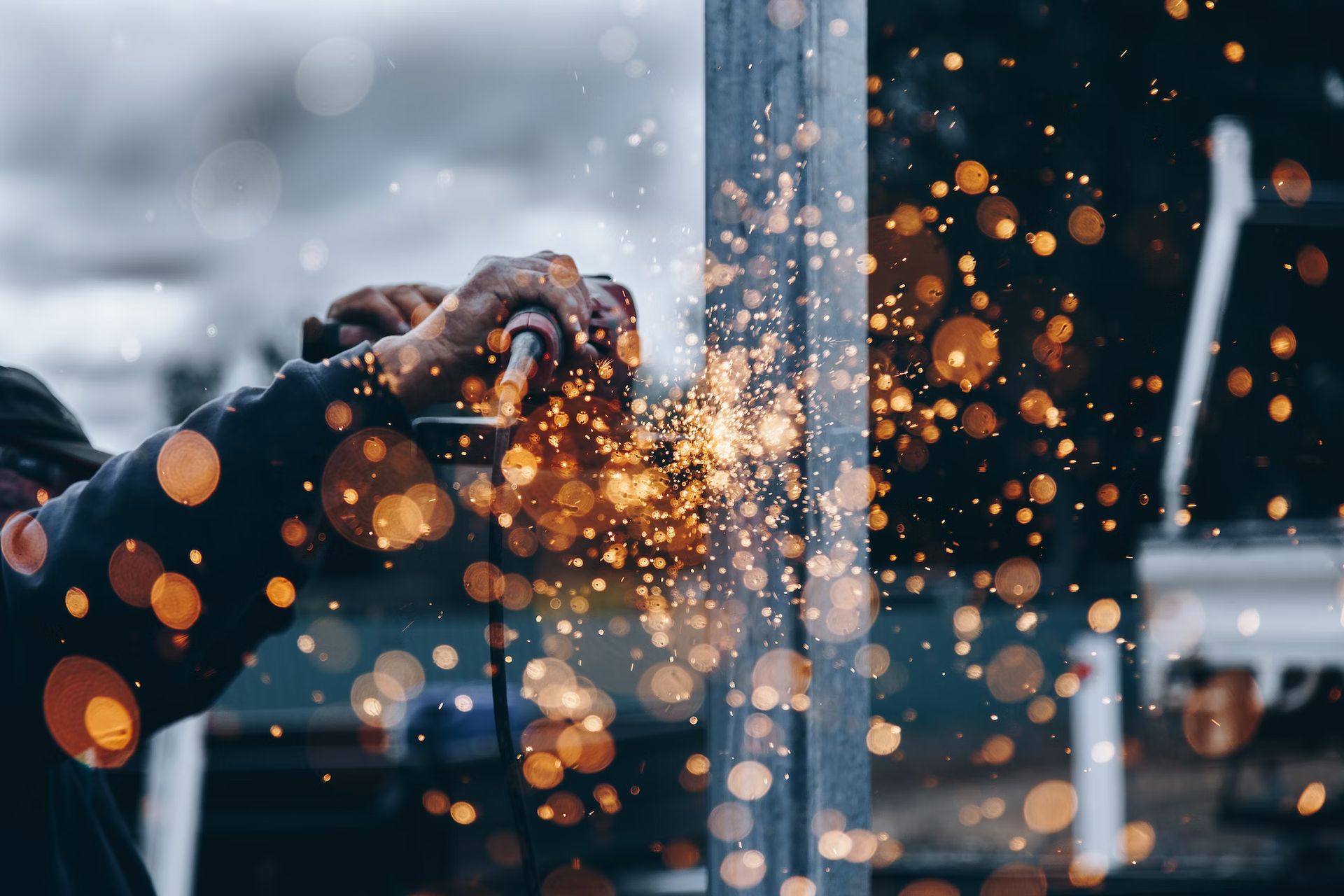
Artificial Intelligence (AI) is increasingly becoming an integral part of the construction industry, offering a variety of applications that enhance efficiency, safety, and decision-making.
How AI is used in the construction industry
Here’s how AI is contributing to the construction sector:
Project planning and design
AI systems can analyze countless design options and recommend ones that optimize the use of space and materials. They can predict the outcomes of different designs, helping architects and engineers to make better-informed decisions.
Predictive maintenance
Through the use of sensors and data analytics, AI can predict when machinery or equipment is likely to fail or require maintenance, reducing downtime and repair costs.
Enhanced safety
By analyzing data from various sources, AI can identify potential safety hazards on a construction site and suggest corrective actions. It can also monitor workers to ensure that they are wearing proper safety equipment.
Supply chain optimization
Artificial intelligence in the construction industry can forecast demand for materials, automate ordering processes, and optimize logistics, ensuring that materials arrive on time and are allocated efficiently.
Quality control
AI-powered image recognition can scan and compare construction progress against models and blueprints, detecting errors early and reducing the need for costly corrections.
Autonomous equipment
AI is leading to the development of autonomous vehicles and drones that can perform tasks like site surveying and materials transportation, which can work continuously without breaks, reducing labor costs and expediting project timelines.
Cost estimation
AI algorithms can quickly estimate costs based on project data, historical information, and market trends, leading to more accurate budgeting.
Energy efficiency
In the construction of buildings, AI can optimize systems for energy consumption, reducing the carbon footprint and operational costs.
Collaboration and communication
AI tools facilitate better collaboration among stakeholders by ensuring that all parties have access to the latest project data and insights.
Benefits of artificial intelligence in construction industry
The benefits of integrating AI into the construction industry are countless, but chiefly among them are the following:
- Efficiency: AI can automate routine tasks, allowing human workers to focus on more complex issues.
- Value: Through predictive maintenance and optimized supply chains, AI can significantly reduce costs.
- Quality: Constant monitoring and predictive analytics help in maintaining high standards of construction quality.
- Innovation: AI enables the exploration of new construction techniques and materials, fostering innovation.
The future is bright
The potential for AI in construction is vast. In the future, we may see fully automated construction sites with robots and drones working alongside humans. AI could also advance the use of new materials and building techniques, such as 3D printing of structures.
This technology is evolving rapidly, and its applications in the construction industry are only beginning to be realized. As AI continues to develop, it will likely bring about even more profound changes to how we design, plan, and construct our built environment.
Featured image credit: Christopher Burns/Unsplash
- SEO Powered Content & PR Distribution. Get Amplified Today.
- PlatoData.Network Vertical Generative Ai. Empower Yourself. Access Here.
- PlatoAiStream. Web3 Intelligence. Knowledge Amplified. Access Here.
- PlatoESG. Carbon, CleanTech, Energy, Environment, Solar, Waste Management. Access Here.
- PlatoHealth. Biotech and Clinical Trials Intelligence. Access Here.
- Source: https://dataconomy.com/2023/12/11/transformative-force-of-artificial-intelligence-in-the-construction-industry/



